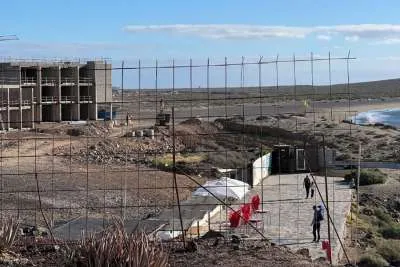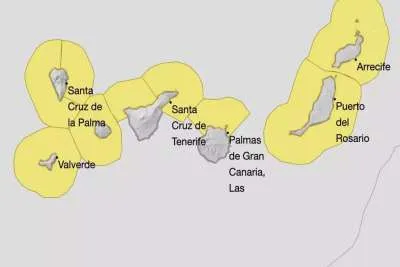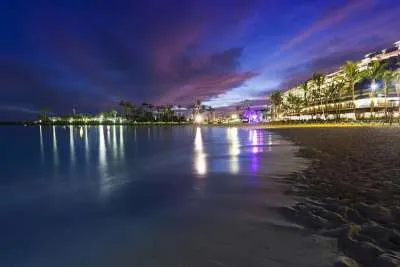Supreme Court to decide if apartment owners can rent independently of tourist operators and receptions
- 25-10-2025
- National
- Canarian Weekly
- Photo Credit: Wikipedia
The Supreme Court in Spain has agreed to hear a landmark appeal that could determine whether apartment and bungalow owners in the Canary Islands are legally allowed to rent out their properties independently, without being obliged to operate under a tourist complex management company or reception.
The case stems from a ruling by the Canary Islands High Court (TSJC) in March 2025, which prohibited a property owner in the Maspalomas Tisalaya complex (San Bartolomé de Tirajana) from continuing to rent their bungalow as a holiday home.
The TSJC upheld the “principle of unified management” established under Canary Islands tourism law, requiring all properties within a registered tourist complex to be operated jointly under a single licensed manager, known as an exploitation company.
The court argued that while this rule limits the free provision of services, it is legally justified as a means of ensuring professional management and high-quality tourism standards, offering greater protection to consumers.
However, the owner has challenged the ruling before the Supreme Court, claiming there is no legal justification to restrict individual holiday rentals within tourist-designated zones or complexes. The appeal argues that the principle of unified management unfairly excludes property owners from the short-term rental market and violates EU and Spanish laws on free competition and service provision.
The Supreme Court’s Administrative Chamber has admitted the appeal, declaring that the issue holds “objective legal interest for the formation of jurisprudence.” The court will examine whether the principle of unified management in the Canary Islands’ Tourism Law 7/1995 represents an unjustified limitation on the freedom to provide services, or whether it is lawfully justified in the public interest.
The judges will interpret several key legal provisions, including Article 5 of Spain’s Market Unity Act (Law 20/2013), Article 3.11 of the Services Act (Law 17/2009), and EU Directive 123/2006/EC on services in the internal market.
Property Owners Hail the Decision as a Breakthrough
The Platform of Those Affected by the Tourism Law (PALT) welcomed the court’s decision, calling it “a step forward in questioning the use of the unified management principle as a tool to persecute legitimate property owners.”
“For years, this principle has acted like a Trojan horse, allowing authorities and operators to deny owners their right to manage or rent their own apartments and bungalows,” the group said.
PALT argues that the system, originally designed to professionalise the extra-hotel accommodation sector, now serves mainly to restrict ownership rights and force private owners into collective management schemes, even when their complexes lack an active operator.
“These are not hotels,” the group stated. “They are privately owned properties, and the model that obliges owners to hand over their homes to a single operator has its days numbered.”
The Supreme Court’s ruling, expected to set a precedent for thousands of similar cases in Gran Canaria, Tenerife, Fuerteventura, and Lanzarote, could redefine the balance between private property rights and tourism regulation across the Canary Islands.



























































